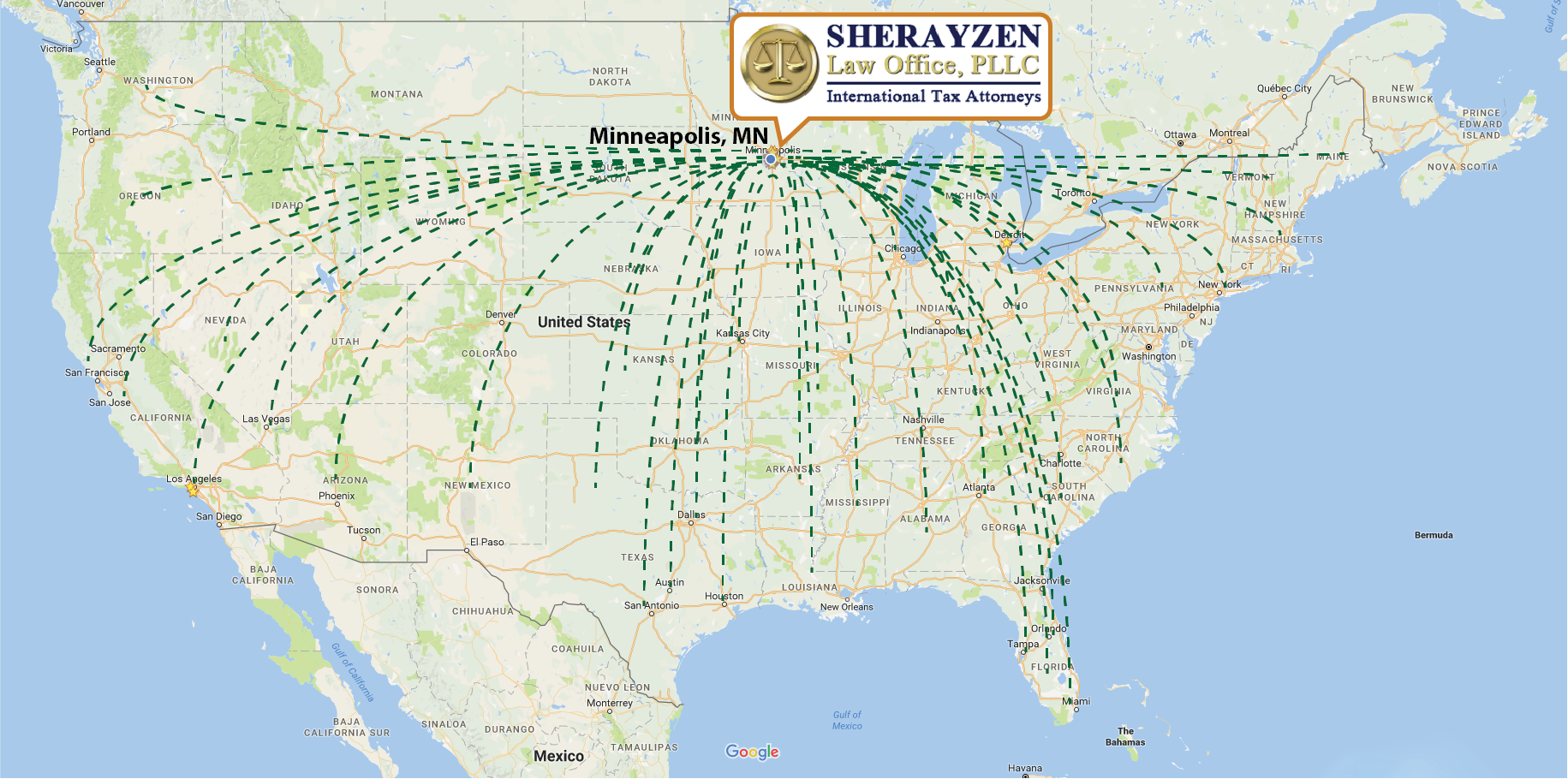US Source-of-Income Rules | MSBA Seminar 01282021 | International Tax Lawyer & Attorney
Once we have established that this is a non-US Person, the next question is: Is this person getting a US-source income? This is a critical question of huge importance and huge complexity. Why is it important? Because non-US Persons generally, (there are exceptions) are taxed on their US-sourced income. This means that if the income that this person is getting is not US-sourced income, then it’s not taxed in the United States at all. On the other hand if it’s a US-source income, then we have to go through a more complex situation. By the way, if it’s not a US-sourced income, as I have mentioned, we still have to look into whether this is an effectively-connected income. I will discuss this a little bit later during the presentation.
Now, I imagine this is a complex issue in how you determine what is US-source income and what is not US-source income. I am going to simplify this analysis; it’s basically a three-step process. First, you have to classify the income; that is, is it interest, is it dividends, royalties, income from services, etcetera. Then you have to find the particular tax provision that applies to this particular class of income, and the final step is to apply the particular facts of your client’s case to that tax provision.
Let’s go over a few of the most common examples:
Interest income: Interest income is generally sourced to the residence of the obligor. Most often, ‘obligor’ means ‘by the power’. Not always, but most often. This rule applies to individuals, corporations and partnerships. Now the interesting thing is that this may lead to some very unusual situations. For example, if a US Person resides in France and this US Person is an obligor and the obligee, a French person resides in the United States, and the US Person pays interest on the income on his obligation, on the loan; then, this interest would be classified as foreign-sourced income, more precisely French-sourced income, even though it’s a US person who is paying it. Again, rather than solve the obligor, not the nationality.
Dividends: aside from some limited exceptions, it depends on whether the corporation that pays the dividend is a foreign corporation or a domestic corporation. Dividends paid by a US corporation is always US-sourced income; dividends paid by a foreign corporation is almost always a foreign-sourced income but there is this important 25% income exception. Basically, if 25% or more of the corporation’s gross income for the past three years was ECI income that is effectively connected to the trade of business in the United States, then you have to apportion this dividend between the percentage income between the ECI income verses foreign-source income. Think about what it means: that a foreign dividend from a foreign company, incorporated in a foreign country, and this dividend is paid out to a foreign person who lives in a foreign country, actually may result in US-source income. This is a paradox; this tells you just how complex US International Tax Law is. Prior to 2005, unless there was an exception and there were a number of exceptions, including treaty exceptions, but technically speaking, if no exception applies, this person would have been expected to file a US tax return and pay US tax on that US portion of his foreign dividend. Of course, that would almost never happen but there was some litigation in the early years.
Rents and Royalties: sourced to the place where the property is used. This rule is going to be very important with respect to tax planning that involves intellectual property.
Sales of Personal Property: extremely complex because you really have to dig into the facts of the case. In general, sales of personal property are sourced to the residence of the seller. There are special rules, depreciable personal property and there are special rules concerning a situation where there is a permanent establishment outside of the United States or inside of the United States, actually, as well. The biggest issue, and this is going to be very relevant for the purposes of inbound transactions, is sale of inventory; this situation is very common. For example, a few years ago, I had a case where a foreign parent was producing some goods, inventory and basically sending it to a distribution center here in the United States. The general rule here is that inventory sales are sourced to the place of sale; that’s very important – sourced to the place of sale. What is the place of sale? Generally speaking, the place of sale is where the title is passed, but it gets a lot more complex; there are some exceptions that I have given to you. For tax planning purposes, this is a huge issue when it comes to inbound transactions.
Sale of US Real Property: generally, US-source income, even if this real property is held through another entity.
Income from Services: that is sourced to the place where the services are performed. For example, if you go to France, and perform some work there and get paid for that work, even though you are a US Citizen, even if you don’t reside in France, the payment that you receive for the services you performed in France is going to be considered French-sourced income. It gets more complex if you perform services in more than one country, then you have to apportion the payment between these countries and the usual method is time-basis allocation.



